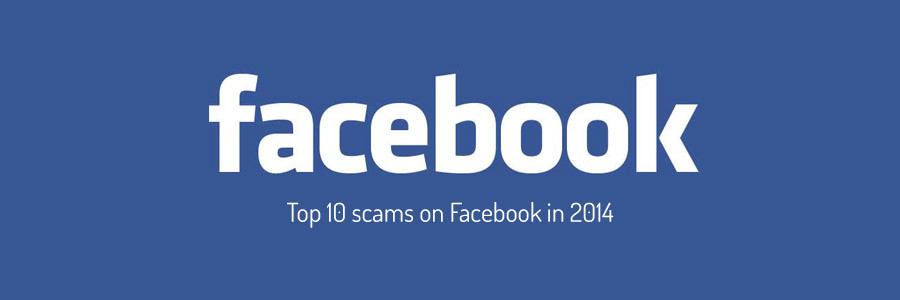The antivirus software company BitDefender released its top 10 scams and fake applications that trick users of the social network this year.
Want to see the sextape of Rihanna and her boyfriend? Beware, because on Facebook, the temptation can lead to piracy. Analysts of the Romanian society Bitdefender released Tuesday, a study on bogus offers that are most attracted surfers from around the world since early 2014. By offering us the chance to know who visited our profile or who has withdrawn us from his friends list or when they do not appeal to primal instincts, these applications install malicious software or steal your personal data. Each year, “millions of users” fall into the trap.
According to the classification established by BitDefender, Facebook users are likely to be asked who visit their page. Ranked number 1, this scam alone accounts for 30% of the total. Second, a way to replace the so-called blue and white features of the site by Mark Zuckerberg, followed by the famous sex tape of the Barbadian singer.
Internet users who are victims believe to win prizes, such as promotional items or t-shirts with the logo of Facebook. Scams come and go, says BitDefender. Last year, American singer Taylor Swift was used as bait for malicious hackers, and complimentary tickets to Disneyland were a dream for thousands of people.
Top 10 scams
1. Who has visited my profile.
2. Change the color of your Facebook.
3. Sextape of Rihanna with her “boyfriend”.
4. Look at my new status to receive a free T-shirt Official Facebook.
5. Say goodbye to blue Facebook.
6. Products damaged. Free distribution.
7. Check if a friend has deleted you from their friends list.
8. Click here to see the top 10 profiles harassing you the most! You will be surprised to learn that your ex always visit your profile!
9. Find out how to see who visits your profile, you’re not after your surprises!
10. I just changed the theme of my Facebook. That’s incredible.
The study also cites a new type of dirty trick seen many times in recent months. The “likejacking” or “I like hijacking” is to make you like an item without your consent, mostly attracting the user with a shocking video. This technique allows objectionable material to spread like wildfire by playing on the curiosity of everyone.
For Catalin Cosoi, head of security strategy at Bitdefender, this content is “a psychological game between the cyber criminal and the victim.” “This is what is called social engineering, and then reached its highest level.” According to him, if there is one thing to blame for the success of these scams, it’s just human nature. Monitoring of others, various gifts, naked stars: hackers know very well indeed what lever to activate. And it works. The study indicates that the scams have increased in the past two years.

